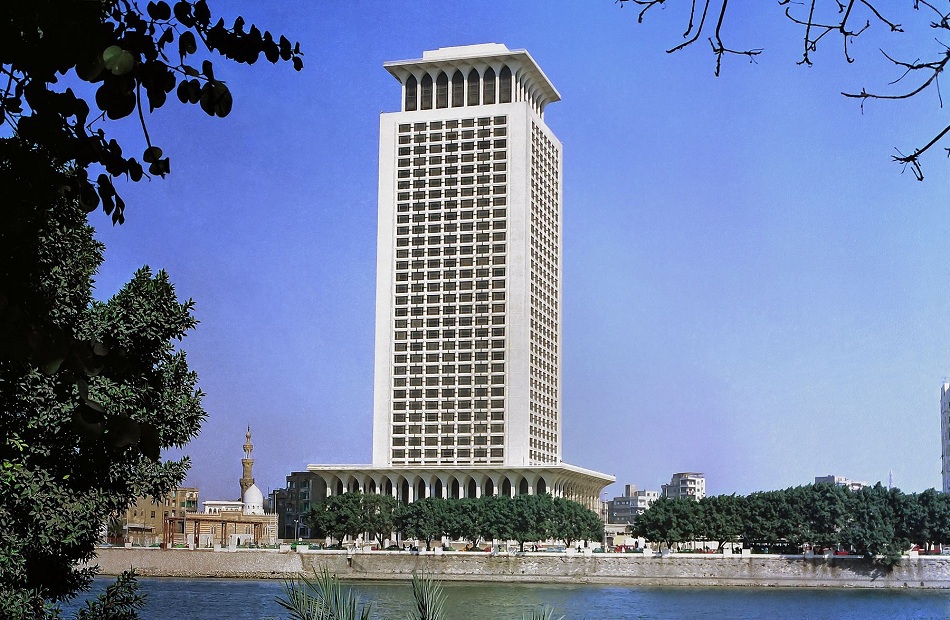CAIRO: In an effort to fill the funding gap that many startups face after having raised their initial “pre-seed money of about $25,000 to $100,000, Endeavor Egypt met with promising entrepreneurs to choose which ones it will offer support.
Endeavor, a non-profit NGO encouraging entrepreneurial activity, held a panel to select promising Egyptian businesses to proceed to its international panel in March.
All of the businesses are already in operation, yet they face a stage that Kaufmann Research identified as typical to the development of startups: that after their launch and initial operations, startups often flounder for want to capital in the range of $500,000.
Current Endeavor entrepreneurs include Fatma Ghaly of Azza Fahmy Jewelry, and the Wassef sisters of Diwan bookstore.
Four judges, selected by Endeavor as experts in Egypt’s business climate, listened to each candidate present their company profile, business model, challenges and goals, and then posed questions and offered insights.
Endeavor Egypt Managing Director Ahmed Ezzat officiated, presenting brief background information to the panelists as well as outlining the criteria Endeavor looked to fulfill in the entrepreneurs they choose to assist.
Panelists included Amr Rizk and Sherif Batata of investment bank EFG-Hermes, to assess the businesses’ viability as experts in venture capital; Marianne Hesni, CFO for textile company Hesni Inc., and Ahmed Abdoun, managing director of Marketing Mix.
The five candidates included Amr Abdel Kawi of design firm Rhimal; Dina Serhan and Amr El-Husseini of Dina Serhan Culinary Solutions Inc.; Ahmed Metwally representing video game developer Timeline Interactive; Tarek Khaddaj and Hiba Jammal of El-Matbakh catering, and Ahmed Farouk of Imtenan health shop.
The panel agreed that Timeline was ready for the international selection panel on March 10-12, while three others will proceed to the international panel, with provisions for improvements.
Endeavor had approached all five companies, selecting them for their initiative, potential as role models, values and ethics, while their businesses were evaluated for their impact on development in their sector, innovation and their compatibility with Endeavor as a source of assistance.
Unlike a venture capital firm, Endeavor provides access to networks of contacts, mentorship and technical assistance, as well as capital, for those companies chosen.
Panelist Shareef Batata, vice president at EFG-Hermes, pointed out that Endeavor could potentially partner with all the entrepreneurs if they showed strong potential, as the NGO aims to provide worthy companies with assistance, not hold a contest.
“There’s no specific industry in mind, he explained, “Is the entrepreneur charismatic and compelling? [Are they] bringing the right people in order to make an impact?
“We [the panelists] understand the market, he went on, “and we can compare what [the entrepreneurs] are saying to the market dynamics, if there is growth in their sector.
All the entrepreneurs faced mild to moderate grilling from the panel. Abdel Kawi of design company Rhimal wants to create Egyptian-specific design by training young designers. Having already begun publication of a magazine and initiated design workshops, the panel worried that Rhimal might be trying to single-handedly change the field of Egyptian design, and although they applauded his ambition, considered his mission mildly Quixotic.
Khaddaj and Jammal, the husband and wife team behind El-Matbakh, defended their decision to continue both business-to-business selling (B2B) and business-to-consumer selling (B2C). They currently provide high quality food products to corporations like Mobinil but wanted to heighten their profile by selling to customers from their own outlets. The panel cautioned them against spreading themselves too thin.
Only Metwally, of Timeline Interactive, received minimal questions. Although Timeline’s CEO, Metwally was brought in by cofounder Mostafa Hafez, videogame programmer whiz kid, who at age 19 had already produced his first game for professional release.
Asked to comment on Endeavor as an organization for fostering and supporting entrepreneurship, candidates expressed enthusiasm. Dina Serhan explained that the presence of Naguib Sawiris on the board convinced her to partner with Endeavor, despite the time commitment, “Each meeting has been enriching. I’m very happy that something like this is happening.
Panelist Amr Rizk clarified that part of the selection process looks for companies that “can become regional platforms that others can imitate. Citing Abdel Kawi’s concept of creating a school for design, he applauded initiatives with the “backbone to provide market-driven concepts, particularly due to the relative anonymity of market-driven training in the region.
He advised future Endeavor candidates to treat the selection process as less of an audition and more of an opportunity, “They need to know more what they want. they have the chance to ask questions. It’s important for them to understand that we’re all keen to help them on the right track to succeed.
Following the selection process, Rizk commented on the panel’s deliberations; “Most of the teams exhibited a lot of the different skills you’d be looking for. Most are likely to come back [after addressing issues raised by the panel]. We were concerned with the scale-ability of just one.

